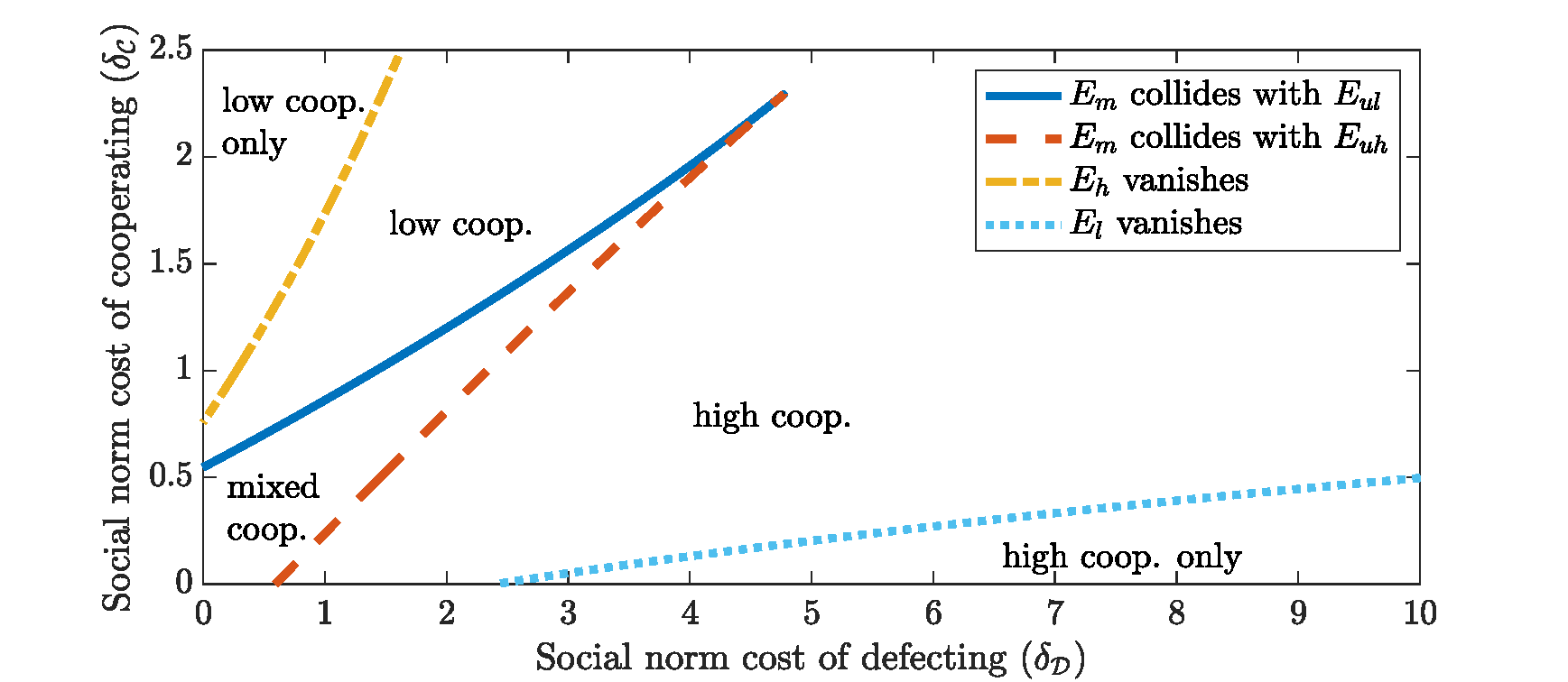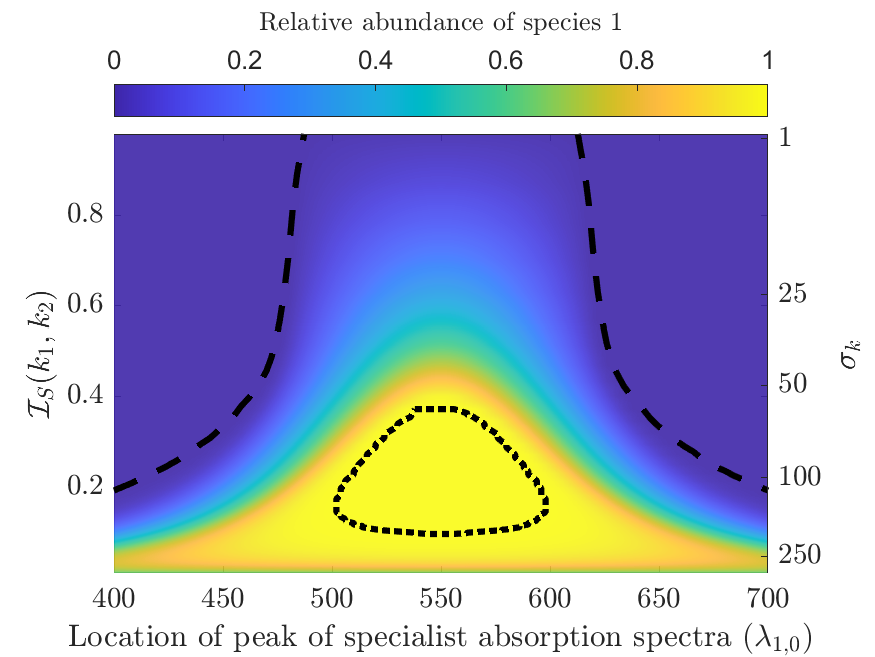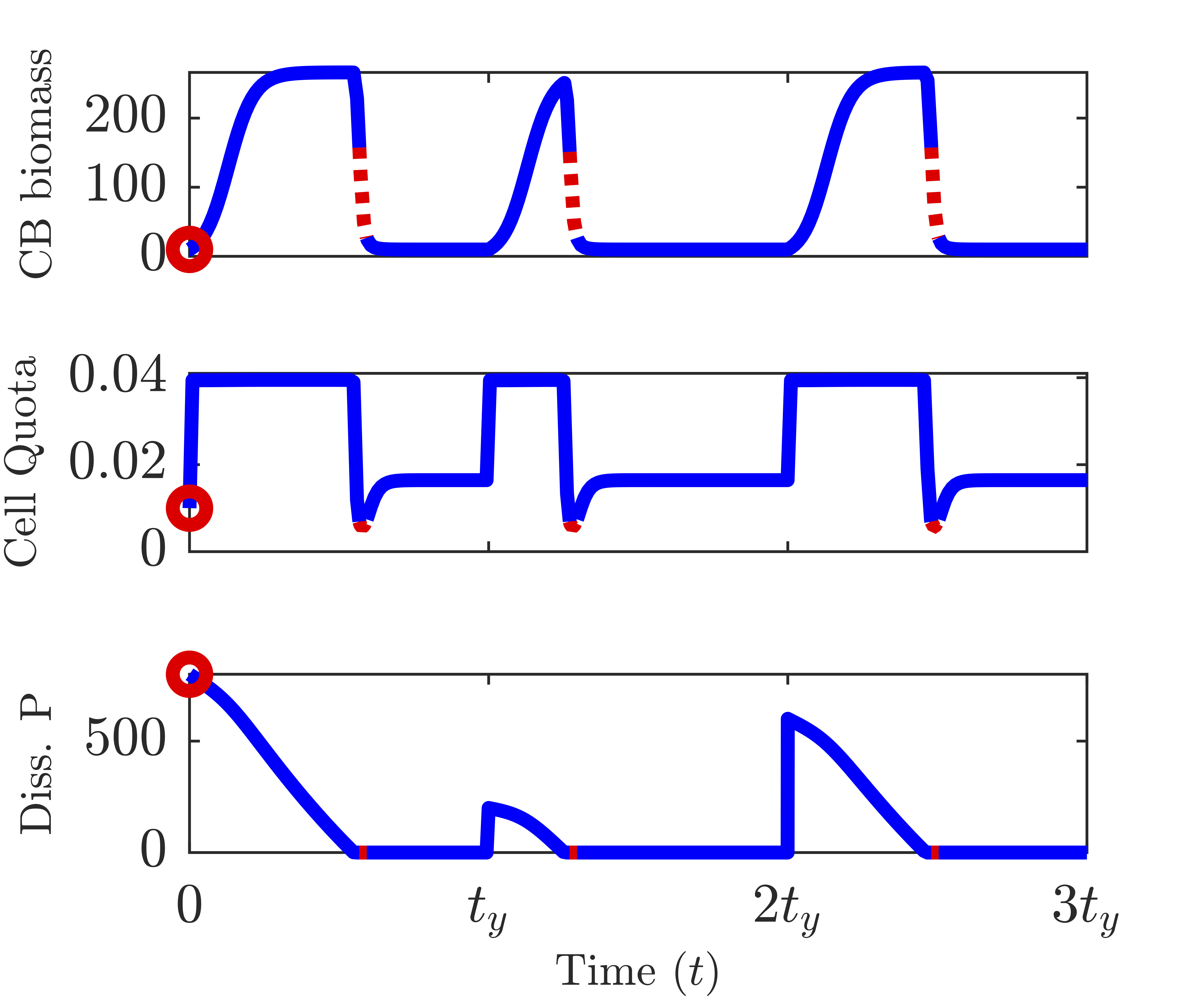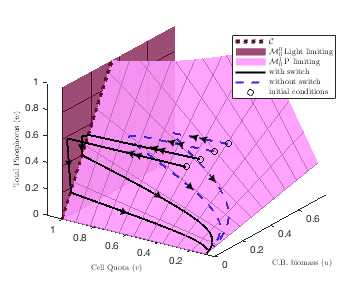Teaching
Instructor Experience
University of California, Davis
MAT 21A - Differential Calculus
Fall 2022 ( Sample syllabus here)
TA Experience
Winter 2020, Fall 2019, Winter 2017, Fall/Winter 2016, Fall 2015.
MATH 100 - Calculus I
Fall 2018
MATH 102 - Applied Linear Algebra
Winter 2019
Toronto Metropolitan University
MATH 131 - Modern Mathematics
Fall 2014, Winter 2015
Guest Lectures
IUSEP July 2019
Lecture on perturbation theory at the University of Alberta
MATH 570 Winter 2019
Lecture on Enzyme Kinetics: slow manifold and perturbation
analysis at the University of Alberta
Flow charts for differential equations.
Research Interests
Keywords
- Transient Dynamics
- Empirical dynamical modelling
- Ecological Stoichiometry
- Resource explicit population dynamics
- Dynamical systems
My research is at the intersection of Mathematics and Ecology. Using mathematical tools, I aim to answer important ecological questions that arise from societal, cultural, economic and environmental concerns.
Currenly, I am interested in the study of transient dynamics from both the mathematical and ecological perspectives. In particular, I am studying how we can utilize the existed dynamical systems literature to predict transient behavior in ecological data using empirical dynamical modelling as a tool.
In my PhD work I studied various mathematical and ecological aspects of phytoplankton dynamics: using dynamical systems and singular perturbation theory to uncover the driving ecological mechanisms behind algal bloom dynamics, using game theory and bifurcation theory to understand the complex interaction between humans and aquatic environments, and using spatial modeling and monotone dynamical systems theory to offer insights towards the observed diversity of phytoplankton species via niche differentiation in the light spectrum.
Recorded Research Talks
Interesting figures
This video shows how a chaotic attractor can be reconstructed using delayed coordinates. That is, the dynamics of the full model are similar to the dynamics of the just a single dimension realized at different times. This stems from Taken's theorem and is the foundation of Empirical Dynamical Modelling.
 A sample of transient dynamics induced by a changing environment. This example shows rate, or phase induced tipping, where a system undergoes no bifurcation but certain environmental parameters change fast enough causing the dynamics to leave the stable limit cycle and enter another attracting region. See publication [9] and preprint in progress.
A sample of transient dynamics induced by a changing environment. This example shows rate, or phase induced tipping, where a system undergoes no bifurcation but certain environmental parameters change fast enough causing the dynamics to leave the stable limit cycle and enter another attracting region. See publication [9] and preprint in progress.
Using singular perturbation theory to offer a mechanisitic explanation of the observed transient dynamics in phytoplankton dynamics(right). The left figure shows that transient dynamics occur due to a transition between two attracting manifolds. One represent light limiation, the other nutrient limitation. Details in publication [2]
 Shows the regime outcome for given social norm costs of a model that couples human interaction with a network of lakes. Humans chose to either cooperate or defect to reduce lake pollution based on economic and social costs. A high cooperation regime results in a lower abundance of phytoplankton. The figure shows parameter values such the each node is in an high cooperation or low cooperation regime. The mixed cooperation regime is where some nodes are highly cooperative and others are not. See publication [4]
Shows the regime outcome for given social norm costs of a model that couples human interaction with a network of lakes. Humans chose to either cooperate or defect to reduce lake pollution based on economic and social costs. A high cooperation regime results in a lower abundance of phytoplankton. The figure shows parameter values such the each node is in an high cooperation or low cooperation regime. The mixed cooperation regime is where some nodes are highly cooperative and others are not. See publication [4]
 Shows the coexistence region of two phytoplankton species for light. Treating light as a continuous rescource we consider niche differentiation in the light spectrum allow for more robust coexistence. When the niches are significantly different coexistence occurs. See publication [10]
Shows the coexistence region of two phytoplankton species for light. Treating light as a continuous rescource we consider niche differentiation in the light spectrum allow for more robust coexistence. When the niches are significantly different coexistence occurs. See publication [10]
Please see my publications for more information on these projects.
Publications
A link to my Google Scholar page. If you cannot access any of these papers on your own please do not hesistate to request one directly from me.
- 14. J. Serpico, B.A. Zambrano-Luna, R. Milne, C. M. Heggerud, A. Hastings, H. Wang. Deciphering culprits for cyanobacterial blooms and lake vulnerability in north-temperate lakes, In review (2024)
-
13. A. Morozov, U. Feudel, A. Hastings, K.C. Abbott, K. Cuddington, C. M. Heggerud, S. Petrovskii, Long-living transients in ecological models: recent progress, new challenges, and open questions. Physics of Life Reviews, In press (2024)
-
12. C. M. Heggerud & A. Hastings, Predicting transient dynamics through the use of empirical dynamical modelling: A case study of anaerobic digestion. Journal of the Royal Society Interface, 21:20240059 (2024)
-
11. K.C. Abbot, C. M. Heggerud , YC. Lai, A. Morozov, S. Petrovski, K. Cuddington, & A. Hastings. When and why ecological systems respond to the rate rather than the magnitude of environmental changes. Biological Conservation, 292:110494 (2024)
-
10. C. M. Heggerud , J. Xu, Hao Wang, M. A. Lewis, R. Zurawell, C. Loewen, R. Vinebrooke, & P. Ramazi, Predicting imminent cyanobacterial blooms in lakes using incomplete timely data. Water Resources Research 60, 2 (2024)
-
9. C. M. Heggerud , KY. Lam & H. Wang. Niche differentiation in the light spectrum promotes coexistence of phytoplankton species: a spatial modelling approach. Journal of Mathematical Biology 86, 54 (2023)
-
8. A. Shen, S. Gao, C. M. Heggerud , H. Wang, Z. Ma, & S. Yuan. Fluctuation of growth and photosynthetic characteristics in Prorocentrum shikokuense under phosphorus limitation: Evidence from field and laboratory. Ecological Modelling,
479, (2023).
-
7. C. M. Heggerud , K.C. Abbott, A. Hastings, Transient Dynamics. Oxford Bibliographies in Ecology. New York: Oxford University Press, 2023.
-
6. V. Kirkow, H. Wang, P. V. Garcia, S. Ahmed, C. M. Heggerud , Impacts of a changing environment on a stoichiometric producer-grazer system: a stochastic modelling approach. Ecological Modelling 469 (2022).
-
5. H. Wang, P. V. Garcia, S. Ahmed, C. M. Heggerud *, Mathematical comparison and empirical review of the Monod and Droop forms for resource-based population dynamics. Ecological Modelling 466 (2022). (*Supervisory Author)
-
4. C. M. Heggerud , H. Wang, & M. A. Lewis, Coupling the socio-economic and ecological dynamics of cyanobacteria: Single lake and network dynamics. Ecological Economics 194 (2022).
-
3. A. Peace, P. C. Frost, N. D. Wagner, M. Danger, C. Accolla, P. Antczak, B. W. Brooks, D. M. Costello, R. A. Everett, K. B. Flores, C. M. Heggerud , R. Karimi, Y. Kang, Y. Kuang, J. H. Larson, T. Mathews, G. D. Mayer, J. N. Murdock, C. A. Murphy, R. M. Nisbet, L. Pecquerie, N. Pollesch, E. M. Rutter, K. L. Schulz, J. T. Scott, L. Stevenson, & H. Wang.Stoichiometric Ecotoxicology for a Multisubstance World. BioScience: biaa160, (2021).
-
2. C. M. Heggerud , H. Wang, & M. A. Lewis,Transient dynamics of a stoichiometric cyanobacteria model via multiple-scale analysis. SIAM Journal of Applied Mathematics 80 (3), 1223–1246 (2020).
-
1. C. M. Heggerud , & K.Q. Lan. Local stability analysis of ratio-dependent predator-prey models with predator harvesting rates. Applied Mathematics and Computation 270: 349-357 (2015).
CV
Click here if you can not view the PDF.
Students
Current Students
M
Recruiting
If you are interested in working with me as and undergraduate researcher, graduate student or postdoc please use the Contact section to send me an email.
About Me
Professional Life
I am currently an assistant professor at the University of Manitoba, as of July 1st, 2025. Previously, I was a postdoctoral reasearcher at the University of California, Davis under the supervision of Alan Hastings in the Department of Environmental Science and Policy. My research is mathematical in nature but has real applications in general ecology.
After completing my undergraduate degree at Toronto Metropolitan University, I moved back to Alberta to receive my PhD in applied mathematics (Mathematical Ecology) at the University of Alberta under the supervision of Mark Lewis and Hao Wang. Please reach out if you would like to know more about me and my research.
Personal Life
I am an outdoor enthusiast born and raised on a farm south of Edmonton, Alberta, Canada. I've always enjoyed the outdoors, and am passionate about nature. My main adventures include down hill skiing, ski touring, sport climbing, hiking and mountain biking as well a general enjoyment of the outdoors with my wife and kids. I currently live in Davis, California.
Contact Me
Email:
christopher.heggerud[at]umanitoba[dot]ca
Title: Assistant Professor - Mathematical Biology
Affiliations: Department of Mathematics - University of Manitoba.
Office:Department of Mathematics
313 St. Paul's College, 70 Dysart Road
University of Manitoba
Winnipeg, Manitoba, R3T 2M6 Canada
Note: The Math Department is temporatily relocated. For in-person meetings please contact me.
I am a guest on the original lands of Anishinaabeg, Ininiwak, Anisininewuk, Dakota Oyate, Dene and Inuit, and on the National Homeland of the Red River Métis.





